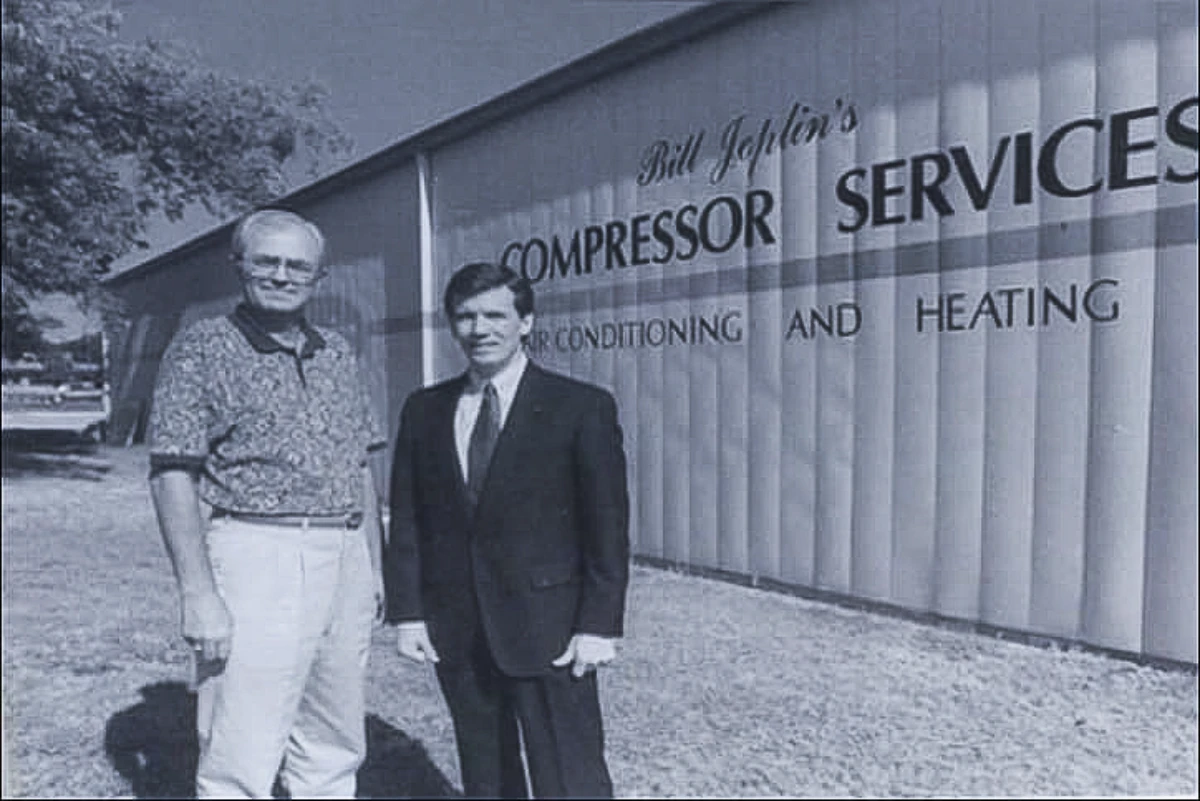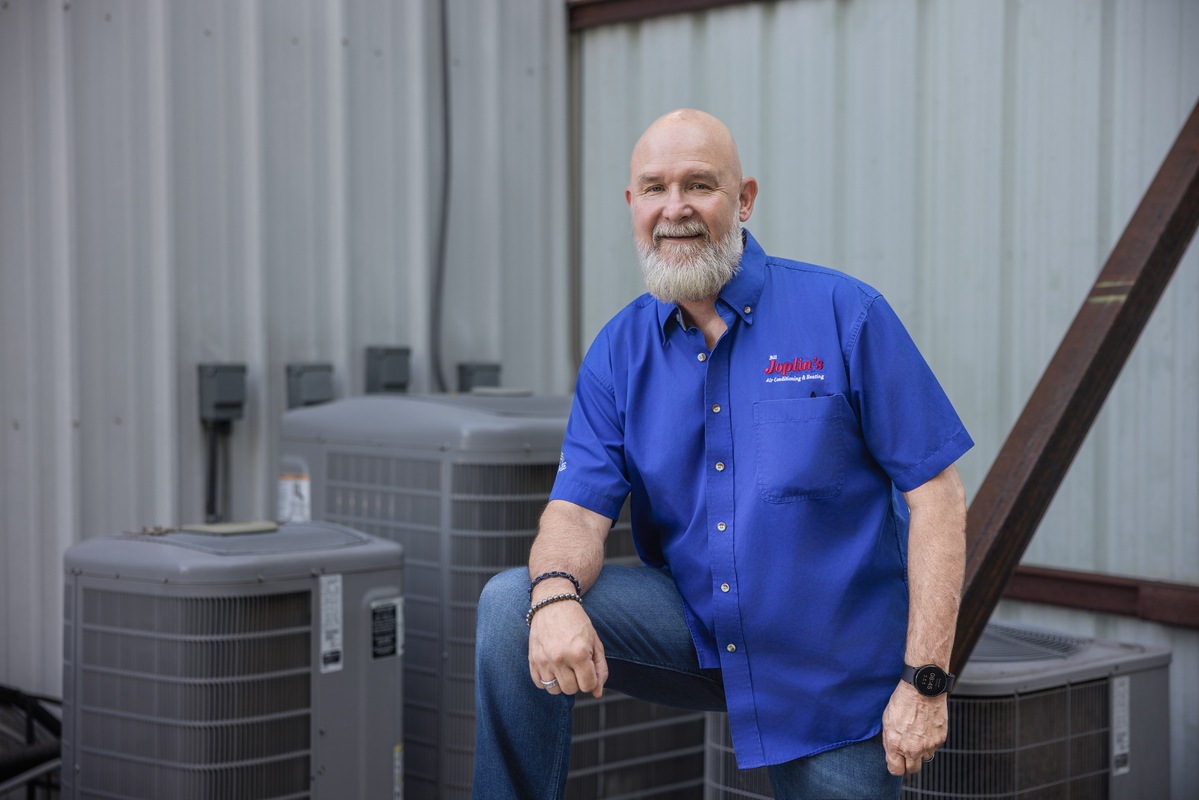The air filter in your HVAC system is an important component you don’t want to overlook. A clean air filter reduces stress on your system and keeps it running efficiently. The right filter can also reduce airborne irritants such as mold spores, pollen and bacteria and improve the air quality in your home.
What do you need to know about your air filter to ensure the best results?
- How to choose it – Minimum efficiency reporting value (MERV) reflects a filter’s ability to remove particles from the air. The higher the MERV rating on the scale of 1 to 20, the better its filtering ability. Choose the highest MERV rating your system recommends to allow maximum airflow; this likely falls within the 8-11 range. When selecting a filter, remember that HEPA filters can cause too much resistance to use in typical residential A/C systems.
- How to size it – A good fit is important for your air filter to operate properly. Measure the height, length and width of your filter to get the actual dimensions. Then take these dimensions and compare them to nominal dimensions, or dimensions that most air filters are sold under. The filter should fit snugly but shouldn’t have to be forced in.
- When to change it – Air filters are often forgotten. Make a note on your calendar to remember to change it at least every two to three months.
- Don’t mess with it – Vacuuming damages filters, loosens dirt and releases dust and toxins. Wet filters hold up poorly and breed mold and bacteria. Simple replacement is the easiest and best solution.
Still have questions about maintaining your HVAC system? Contact Bill Joplin’s Air Conditioning & Heating. We’ve been serving the Collin County area with dependable service since 1978.


